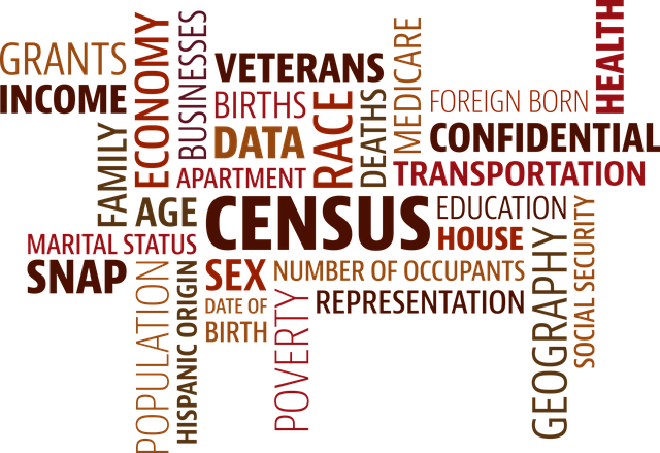

They say a ‘quiet crisis’ is unfolding with census data due to declining response rates and concerns about the accuracy of the data.
In a paper published in Science, researchers from the University of Southampton and Columbia University point to a ‘perfect storm’ of disruptions from the COVID-19 pandemic, declining confidence in institutions, and collapsing international support.
It says recent cuts to international aid budgets from the USA, the UK, and other European countries will worsen the situation.
“Lack of census data compromises all areas of public administration, but we don’t see these statistics in the same way as other vital infrastructure, like bridges or roads,” says Dr Jessica Espey, lead author of the paper from the University of Southampton and Deputy Director of its WorldPop research team, which provides data on population distribution, demographics and dynamics.
“When groups are not counted, they can be left off the policy agenda. That political underrepresentation and the inadequate resource allocation that follows can have pernicious effects.”
Decisions about where to build a hospital or how to allocate resources for schools rely on knowing how many people live where and who they are. This information is especially important during a crisis, such as an outbreak of disease or a natural disaster.
Censuses, a device of government administration since Roman times, provide these data allowing governments to direct resources and anticipate future challenges and opportunities, such as an ageing population or a burgeoning younger one.
But the percentage of the world’s population covered by up-to-date censuses, conducted every ten years, has declined. Additionally, 24 of the 204 countries that carried out a census between 2015 and 2024, representing a quarter of the world’s population, haven’t published their results.
Census post-enumeration surveys, which independently assess the completeness of a census, suggest a decline in accuracy and coverage. The 2020 US Census likely undercounted the US Latino population by 2.9 million people, while the 2022 South African census undercounted its overall population by up to 31%. The UN estimates that one in three Africans were not counted in the 2020 census round.
The COVID-19 pandemic disrupted traditional house-to-house interviews and impacted funding. Researchers also highlight growing distrust in national governments, with some communities fearing immigration-related law-enforcement or AI-supported decision-making will use their data against them, and others worried about the threat of data leaks and cyber-attacks.
In February of this year, the Trump administration cut support for the Demographic and Health Surveys (DHS) program, which provided vital data on populations across 90 countries for four decades, often filling gaps left by lack of census data. Other countries like the UK, France, and the Netherlands have reallocated development assistance to defence spending, reducing both direct assistance to countries and also to UN agencies that provide support on censuses and surveys.
“We live in an era of seemingly unlimited data, yet some of our most essential demographic information is deteriorating, introducing known and unknown bias into decision making,” says co-author Dr Dana Thomson from Columbia University.
The researchers say new technologies, such as AI-derived building footprints from satellite images, can support the planning and implementation of censuses and potentially reduce costs, pointing to recent successes in multiple countries that WorldPop has supported, such as the Democratic Republic of the Congo.
They also say governments need to do more to build trust, demonstrate how census data affects people’s daily lives and be transparent about how this data is used to inform decisions.
Professor Andrew Tatem, a coauthor of the paper who leads WorldPop at Southampton, says: “In an era of growing challenges, from climate change to economic inequality, accurate population data is not a luxury – it is essential infrastructure for healthy, resilient, functioning societies.
“The current undercounting of populations creates a negative feedback loop, leaving governments with less accurate information on the communities most in need. This threatens both statistical accuracy and the very foundations of equitable governance.
“By combining technological innovation with renewed public trust and international cooperation, we can ensure that everyone is counted – and everyone counts.”
Citation: #
-
The paper Disappearing People: how the global demographic data crisis threatens public policy is published in Science.
-
You can find out here more about WorldPop

